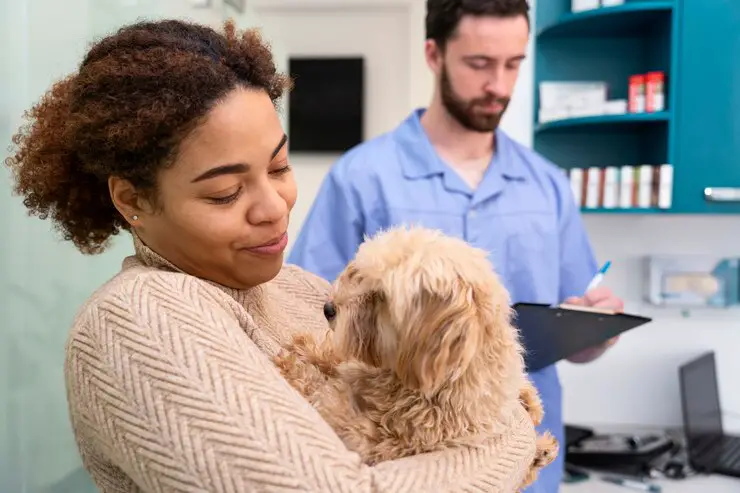Regular veterinary check-ups are essential for maintaining your pet’s health and well-being. While pets can’t speak, they rely on us to recognize when something is wrong. Here’s why routine visits to the vet should be a top priority for every pet owner.
1. Early Detection of Health Issues
Many health problems can develop without noticeable symptoms in the early stages. Regular vet visits allow for early detection of issues such as dental disease, obesity, or even serious conditions like cancer. Detecting these problems early often leads to more effective treatment options and better outcomes.
2. Vaccinations and Preventive Care
Vaccinations are crucial for protecting pets from various infectious diseases. During check-ups, vets can ensure that your pet is up-to-date on vaccinations and recommend preventive measures such as flea, tick, and heartworm prevention. This proactive approach can save your pet from unnecessary suffering and expensive treatments later on.
3. Nutritional Guidance
Veterinary check-ups are a great opportunity to discuss your pet’s diet. Vets can provide tailored advice on nutrition based on your pet’s age, weight, and health status. Proper nutrition is vital for preventing obesity and promoting overall health.
4. Behavioral Assessments
Changes in behavior can indicate underlying health issues. Regular visits to the vet allow for behavioral assessments, helping owners address any problems early. Whether it’s anxiety, aggression, or changes in eating habits, your vet can offer guidance and support.
5. Dental Health Monitoring
Dental care is often overlooked but is crucial for your pet’s overall health. Regular check-ups include dental examinations to identify issues like gum disease or tooth decay. Your vet can recommend cleaning, treatments, or at-home care to maintain your pet’s oral hygiene.
6. Parasite Control
Regular vet visits help ensure that your pet is protected from parasites. Vets can perform tests for common parasites and recommend treatments to keep your pet safe from fleas, ticks, and worms. This is especially important in regions where these parasites are prevalent.
7. Tailored Health Plans
Every pet is unique, and their healthcare needs may vary. Regular check-ups allow vets to develop tailored health plans for your pet, addressing specific risks based on breed, age, and lifestyle. These personalized plans can include dietary recommendations, exercise routines, and preventive care strategies.
8. Building a Strong Vet-Owner Relationship
Establishing a good relationship with your veterinarian is beneficial for both you and your pet. Regular visits help your pet become familiar with the vet, reducing stress during examinations and procedures. A strong rapport with your vet also fosters open communication, ensuring that you feel comfortable discussing any concerns.
Regular veterinary check-ups are a vital aspect of responsible pet ownership. They provide an opportunity for early detection of health issues, preventive care, and personalized health plans tailored to your pet’s needs. By prioritizing routine vet visits, you are investing in your pet’s long-term health and happiness. Remember, a healthy pet is a happy pet!


